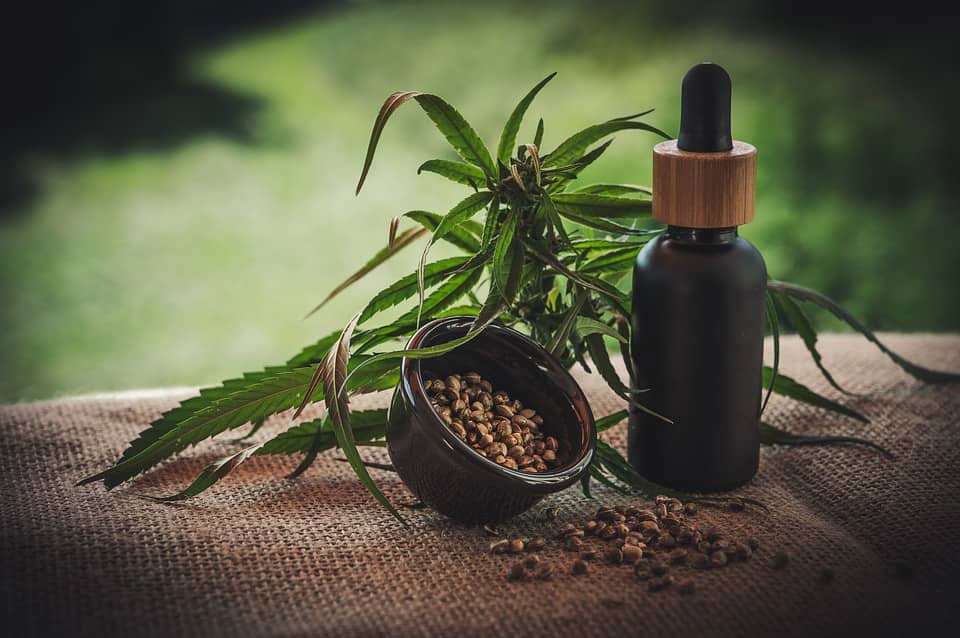Cannabidiol (CBD) has been explored as a potential therapy for a variety of different conditions, ranging from various forms of epilepsy to dystonia to Parkinson’s disease. Now, researchers are questioning whether CBD could be better integrated into treatment plans for patients with juvenile idiopathic arthritis (JIA). According to the Rheumatology Network, researchers sought to understand how CBD could be used for JIA, how it is currently being used, and what barriers or concerns are related to treatment. If you’re interested in learning more, the full study findings can be found in the Pediatric Rheumatology Online Journal.
Cannabidiol (CBD)
Healthline describes CBD as:
one of more than 100 chemical compounds called cannabinoids that are found in the cannabis plant. CBD is not psychoactive [which] makes [it] an appealing option for those who are looking for relief from pain or other symptoms without the mind-altering effects.
Currently, the standards-of-care for JIA include corticosteroids, various biologics, disease-modifying anti-rheumatic drugs, and non-steroidal anti-inflammatory drugs. While these are often effective therapies, these treatments can be paired with long-term side effects. For this reason, some caregivers choose to supplement or replace treatment with CBD or other therapies. However, CBD is still not used heavily in the JIA community, despite growing interest.
- Out of the 136 participants, only 10 participants had treated JIA using CBD. However, 54% of participants had thought about using CBD, though they had not yet taken the opportunity. The remainder of participants were uninterested in this form of treatment.
- Those who were interested in CBD, or were currently using it for JIA treatment, typically had higher levels of JIA activity and a higher symptom burden.
- Television was the medium through which a majority of people learned about cannabidiol, followed by online support groups or friends/family. 52% of participants used at least 2 research sources.
- 75% of participants felt that CBD could reduce joint pain, though many were afraid to speak to their rheumatologists due to various fears (including judgment). Only 2% of participants reported the rheumatologist ever bringing up this potential treatment.
- Of those who treated JIA with CBD, 50% saw significant improvement in quality of life (QOL) and well-being, 30% experienced no change, and 20% reported lower QOL.
Moving forward, the researchers urge parents – and medical providers – to learn more about CBD to discuss potential therapeutic options, as well as potential safety problems. More research and clinical studies are also needed.
Juvenile Idiopathic Arthritis (JIA)
Juvenile idiopathic arthritis (JIA) is a form of joint inflammation (arthritis) that occurs in young patients without a known cause. Typically, JIA is considered an autoimmune or autoinflammatory condition, in which the body mistakenly attacks the joints. There are several forms of JIA, including systemic, psoriatic, oligoarticular, and enthesitis-related, among others. Despite the variety of forms, most JIA subtypes share similar symptoms. These include:
- Skin rash
- Fever
- Swollen lymph nodes
- Unintended weight loss
- Joint pain, swelling, stiffness, or inflammation (particularly in the hands, feet, and knees)
- Note: These joint-related symptoms are often most common in the morning or after periods of sleep.
- Limited range of motion
- Fatigue
- Irritability
- Eye inflammation (iritis/uveitis)






